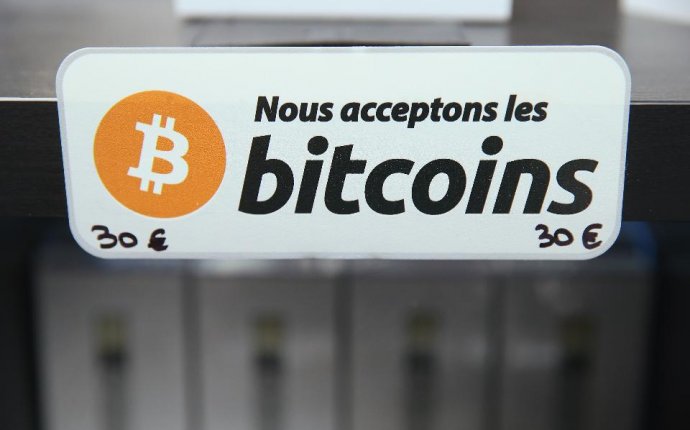
Canadian to Bitcoin
A group of Canadian bitcoin nodes has formally rejected the Bitcoin Unlimited (BU) hard fork proposal. The Statement on Hard Fork by Canadian Economic Nodes was posted on Hackernoon by Francis Pouliot, CEO of Satoshi Portal and director of Bitcoin Embassy, and signed by Canadian investors, merchants and users that use bitcoin daily. The group claimed to be the “frontlines” of bitcoin adoption acting as stewards of the bitcoin brand in Canada.
The group consists of service providers, payment processors, exchanges and brokers who are major economic nodes. As nodes representing users and giving legitimacy to the blockchain, they noted they are asserting their role as “core components” to achieve consensus on bitcoin system rules.
Group Supports Segregated Witness
The group further believes Segregated Witness can result in an industrywide consensus for a technically sound and conservative expansion of the block size.
A hard fork, as represented by BU or Bitcoin Classic, would disrupt the ability to bring on new bitcoin users and create extensive disruption to bitcoin and bitcoin businesses.
“We unequivocally oppose the Bitcoin Unlimited network split proposal, ” the statement noted.
Group Lists Principles
The group listed its principles in regard to splits in the bitcoin network, such as the one that the BU would bring.
A contentious hard fork is an altcoin, the statement noted, despite the relative hashing strength of the forked chain.
A hard fork is contentious by default. Any such proposal unsupported by near unanimous consensus of the bitcoin ecosystem should be considered contentious. The burden of proof in establishing consensus falls on those proposing the hard fork.
The signatories could, after a period of time, decide the hard fork is not contentious. Should this scenario arise, the group will state its support for a specific proposal.
The group encourages the development of alternative bitcoin deployments such as bitcore, bcoin, bitcoin knots, libbitcoin, etc., providing they comply with existing consensus rules defined in the Bitcoin Core reference implementation.
Safeguards Required
The following safeguards must be guaranteed for the group to support a proposed hard fork:
• Clear activation and on-chain coordination processes.
• An extensive grace period reflecting a conservative assessment of node upgrade capacity.
• Robust two-way replay protection that doesn’t weigh heavily on users.
• Wipe-out protection; the hard fork has to be permanent.
• Fully open sourced at all times of the development and deployment.
• Tested and peer reviewed extensively.
The proposed hard fork poses serious risks, including:
• Unpredictable activation and disruption of business.
• Remote shutting down of nodes, causing unavailability of funds.
• Replay attacks causing loss of funds.
• Restructuring back to the original chain, causing loss of funds.
• Unpredictable gains in network resources, prompting higher operating costs.









